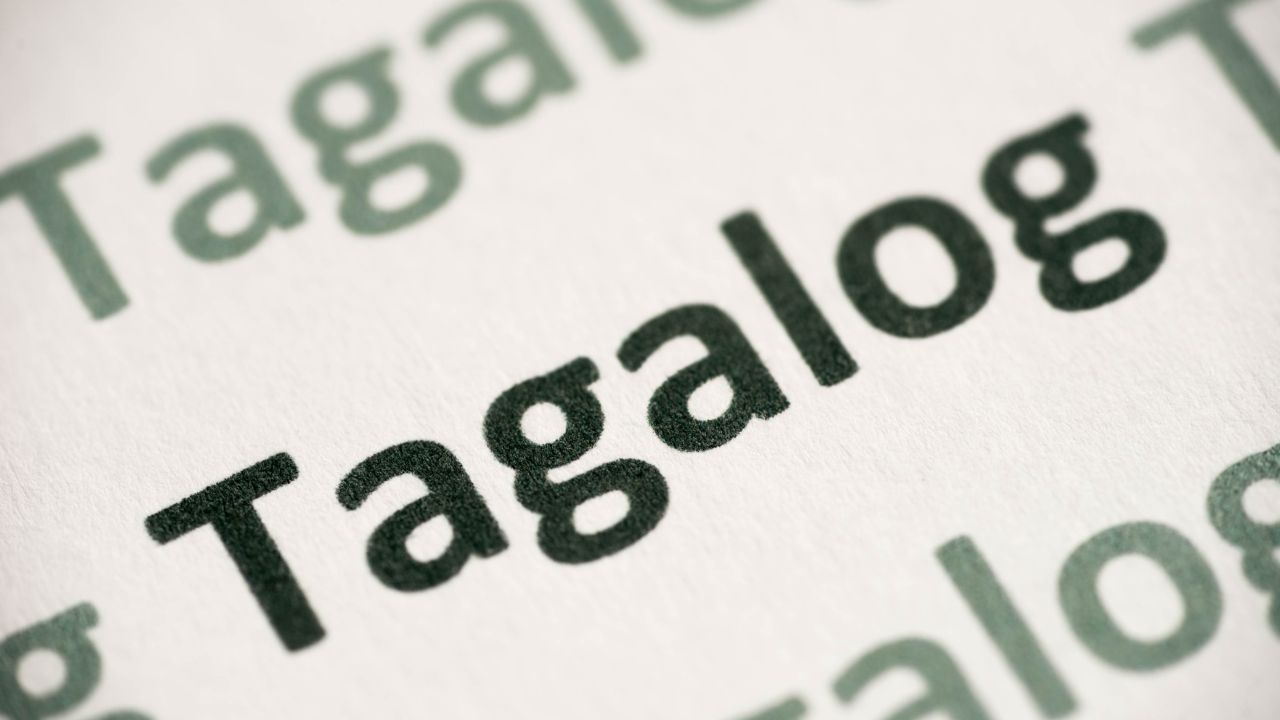
INQUIRER.net stock images
A new law returns the use of Filipino and English as the primary medium of instruction for young learners in their first four years in school about a decade after the use of regional or native languages proved difficult and unsuccessful.
A bill that discontinued the use of “mother tongue” as the medium of instruction from kindergarten to Grade 3 lapsed into law as Republic Act No. 12027 on Oct. 10. It states that Filipino and English will again be used in accordance with the 1987 Constitution.
The new law said that “regional languages shall serve as auxiliary media of instruction.”
It amended Republic Act No. 10533, or the 2013 Enhanced Basic Education Act, which required that instruction, teaching materials and assessment for kindergarten and grades 1 to 3 pupils should be in the regional or native language of the learners.
Monolingual classes
The new measure—a consolidation of House Bill No. 6717 and Senate Bill No. 2457—was transmitted to President Marcos on Sept. 9. Mr. Marcos did not sign the consolidated bill and it lapsed into law after 30 days.
The amendment to the Enhanced Basic Education Act will be implemented within the current school year, which ends in April 2025.
RA 12027 provides that the mother tongue may still be used as a medium of instruction in a monolingual class, or a group of learners who speak the same regional or native language and are enrolled in the same grade level.
The use of the mother tongue as a medium of instruction in monolingual classes should be accompanied by an official orthography, or writing system, developed and published by the Komisyon sa Wikang Filipino (KWF), an officially documented vocabulary published by the KWF, literature on languages and culture and a grammar book.
There should be an adequate number of teachers in the school who speak and are trained to teach in the mother language, the law said.
RA 12027 orders the Department of Education (DepEd) and the KWF to develop a language mapping policy within one year and implement a language mapping framework to properly identify and classify learners based on their mother tongue to systematically determine the existence of monolingual classes each school year.
Challenges
According to the KWF, the country has 135 spoken languages, plus the Filipino Sign Language.
Efforts to suspend the use of the regional or native language as a medium of instruction stemmed from challenges in implementing the Mother Tongue-Based Multilingual Education (MTB-MLE) program of DepEd.
The MTB-MLE program began during the 2012-2013 school year with RA 10533 which mandated the use of regional or native languages in teaching learners from kindergarten to Grade 3.
Among the difficulties encountered was the scarcity of materials and textbooks in the mother tongue, especially in linguistically diverse learner populations.
Reviewed every 3 years
This ended up in a disconnect between the language that learners are familiar with, and the language used in their materials and textbooks.
RA 12027 directs DepEd to conduct a review of the optional implementation of the MTB-MLE program in monolingual classes every three years.
The review will focus on learner assessment, teacher recruitment and matching, development of learner resources published in the mother tongue, capacity-building for teachers and funding requirements.
Following the review, DepEd will submit a report to the President and Congress, that will include recommendations on how to address gaps and challenges, and whether to continue or discontinue the optional use of the mother tongue as a medium of instruction in monolingual classes. —WITH A REPORT FROM INQUIRER RESEARCH INQ